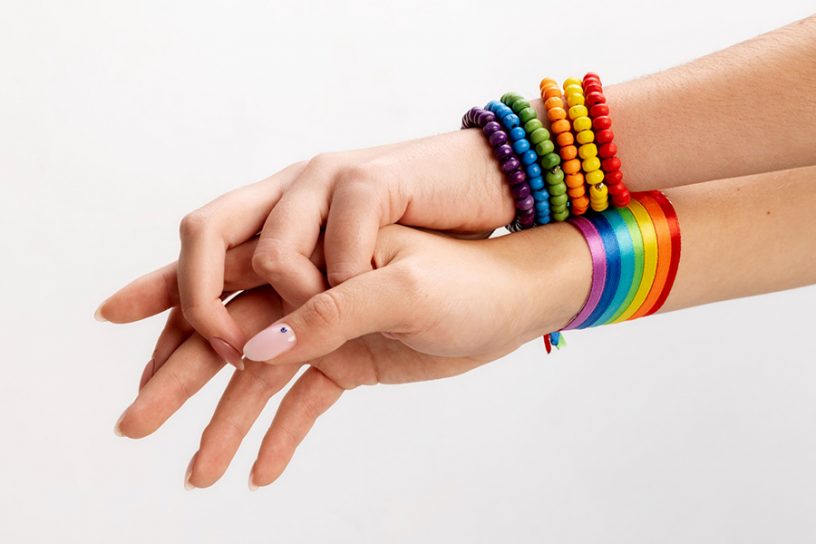
The findings showed a strong negative effect of the hostile attitude of society on the mental health of the Indian LGBT+ community.
Authors
Sanjana Parwani, Jindal Global Business School, O.P. Jindal Global University, Sonipat, Haryana, India.
Asim Kumar Talukdar, Professor, Jindal Global Business School, O.P. Jindal Global University, Sonipat, Haryana, India.
Summary
The sexual minority groups in India seem to be suffering from continued social exclusion affecting their mental health. This study aims to investigate the effect of the hostile attitude of society and lack of social support on the mental health of the Indian LGBT+ members.
Methodology
Hypotheses were developed by drawing theories and concepts from the literature and were tested using the partial least square–structural equation model with a sample size of 151 of the Indian LGBT+ community.
Findings
The findings showed a strong negative effect of the hostile attitude of society on the mental health of the Indian LGBT+ community. The findings further showed that weak problem-focused and emotion-focused coping self-efficacy negatively mediated the relationship between the hostile attitude of society and mental health, while lack of social support negatively moderated the relationship between the hostile attitude of society and both problem-focused and emotion-focused coping self-efficacy of the Indian LGBT+ community.
Originality/value
This study makes a novel and significant theoretical contribution by investigating the effect of the hostile attitude of society and the lack of social support on the mental health of the Indian LGBT+ community members. This study also makes a significant practical contribution in underpinning the urgent need for social inclusion and support to improve the mental health of Indian LGBT+ community members, which is currently in dire condition.
Published in: Mental Health and Social Inclusion
To read the full article, please click here.


